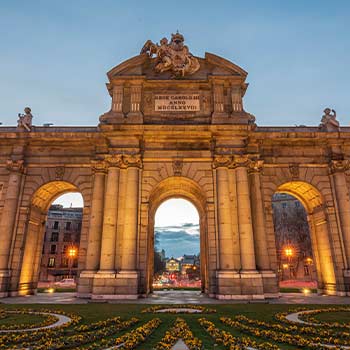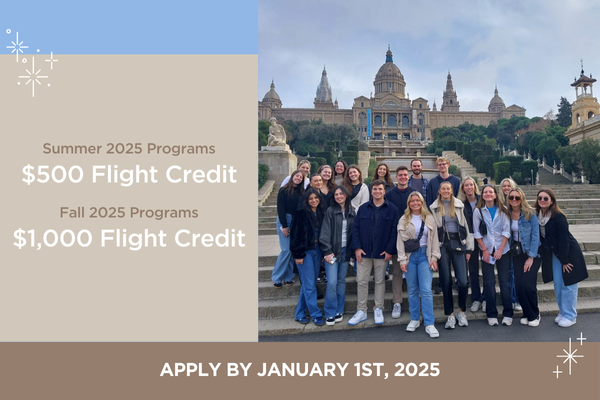Colonization & Decolonization: Global & Latin American Perspectives
Spanish Language & Latin American Studies Program
Valparaíso, Chile
Dates: late Feb 2026 - mid Jul 2026

Colonization & Decolonization: Global & Latin American Perspectives
OVERVIEW
CEA CAPA Partner Institution: Pontificia Universidad Católica de Valparaíso
Location: ,
Primary Subject Area: History
Instruction in: English
Course Code: PIIE 388
Transcript Source: Partner Institution
Course Details: Level 300
Recommended Semester Credits: 4
Contact Hours: 60
DESCRIPTION
The general purpose of this course is to give an introductory understand into current intellectual and theoretical contributions in terms of processes of colonization and decolonization, or alternatively, hegemonic and counter-hegemonic thought.
The word colonialism has often had the connotation of a 'past stage' from which we have "moved beyond" in contemporary times. This perspective, however, stand in contrast to an increasing number of currents that re-appropriate the term for contemporary use, while being inspired by early postcolonial thought. Contemporary currents and theories of subaltern, counter-hegemonic and decolonial studies continuously propose that colonialism is not dead, but instead continuously emerge in new o 'neo' colonial, hegemonic and asymmetrical relationships in areas such as knowledge production, economic exploitation and political diaspora. These constructions are frequently found and most easily detectable in the global south.
The course will begin by way of an introduction to Latin American colonialism in the past. We will ask how it operated and how it constructed its colonial/racial subjects through a general historical introduction as well as some specialized readings. Secondly, the course will approach some post- colonial thinkers of the 20th century to create a framework that will allow us to understand more contemporary 21st century currents of similar projections. As such, the course will move from some of the earliest ideas of the 'postcolonial discourse' as developed in the mid 20th century up until some recent contributions in the 21st century.
Many of these areas, while often having been initiated from a specific discipline, do not limit themselves to any traditional university discipline of knowledge. As such, the course will be decidedly interdisciplinary and cross over between different disciplines such as history, sociology, psychology, economics and political theory.
The word colonialism has often had the connotation of a 'past stage' from which we have "moved beyond" in contemporary times. This perspective, however, stand in contrast to an increasing number of currents that re-appropriate the term for contemporary use, while being inspired by early postcolonial thought. Contemporary currents and theories of subaltern, counter-hegemonic and decolonial studies continuously propose that colonialism is not dead, but instead continuously emerge in new o 'neo' colonial, hegemonic and asymmetrical relationships in areas such as knowledge production, economic exploitation and political diaspora. These constructions are frequently found and most easily detectable in the global south.
The course will begin by way of an introduction to Latin American colonialism in the past. We will ask how it operated and how it constructed its colonial/racial subjects through a general historical introduction as well as some specialized readings. Secondly, the course will approach some post- colonial thinkers of the 20th century to create a framework that will allow us to understand more contemporary 21st century currents of similar projections. As such, the course will move from some of the earliest ideas of the 'postcolonial discourse' as developed in the mid 20th century up until some recent contributions in the 21st century.
Many of these areas, while often having been initiated from a specific discipline, do not limit themselves to any traditional university discipline of knowledge. As such, the course will be decidedly interdisciplinary and cross over between different disciplines such as history, sociology, psychology, economics and political theory.








